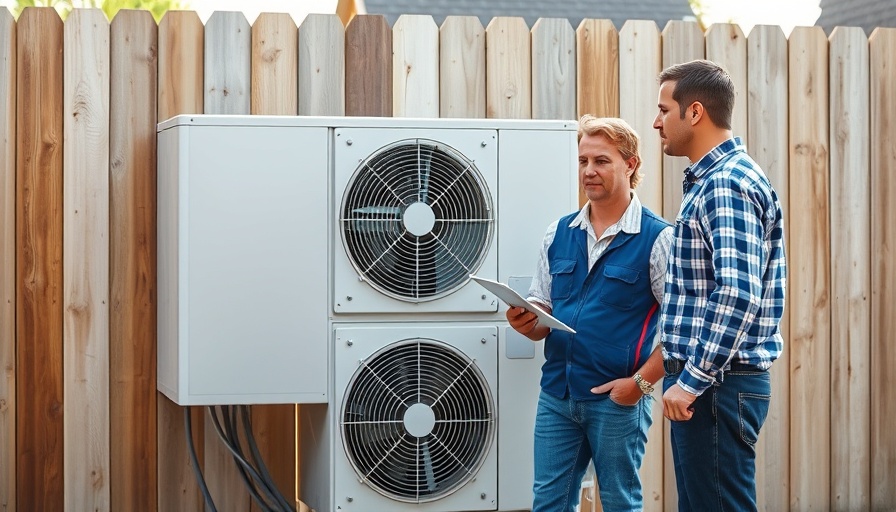
Understanding Combustion Controls in Your HVAC System
Combustion controls play a critical role in the safe and efficient operation of heating systems, particularly in commercial and industrial settings. For homeowners, property managers, and small business owners, having a grasp of how these systems function can lead to better energy efficiency and cost savings. But what exactly is the purpose of combustion controls, and how do they impact your HVAC performance?
The Fundamentals of Combustion Control
At its core, combustion control refers to the technology that manages the burning of fuel. This can include anything from natural gas to oil, and its primary goal is to achieve optimal efficiency while minimizing emissions. For example, well-tuned combustion controls ensure that the air-to-fuel ratio is ideal, leading to a cleaner burn and ultimately, more energy-efficient heating in your space.
Energy Efficiency and Cost Savings
Investing in advanced combustion controls can lead to significant energy savings. By ensuring that your HVAC system operates as designed, these controls can help reduce fuel consumption, which translates to lower utility bills. Homeowners and small business operators seeking to optimize their energy use might find tailored solutions that mesh with their specific heating requirements and local energy prices.
Are There Specific Brands to Consider?
When exploring options for your HVAC system, it's essential to consider brands known for their quality and reliability. Many experts recommend top manufacturers like Lennox and Trane for their innovative technologies and effective HVAC systems. But before making a decision, understanding what are the best HVAC systems on the market will greatly enhance your selection process.
The Importance of Regular Maintenance
A well-maintained combustion control system ensures everything runs smoothly. HVAC maintenance can often seem daunting, but understanding how long does HVAC maintenance take can streamline the process. Scheduled inspections and upkeep can prevent unexpected breakdowns and extend the lifespan of the system, making it a worthwhile investment.
Solutions and Add-Ons for Better Performance
Besides having combustion controls, integrating advanced technologies within your HVAC framework can pave the way for a smart and eco-friendly heating solution. For those wondering how HVAC gets fresh air into the system, it's critical to note that many new systems come with built-in fresh air options that enhance both indoor air quality and overall efficiency.
Conclusion: Take Action to Optimize Your HVAC System
If you’re a homeowner or small business owner looking to improve your heating performance, understanding how combustion controls influence your HVAC system is crucial. By investing in high-quality components and ensuring regular maintenance, you can make informed decisions that lead to energy savings and improved comfort. Explore the market for the best HVAC systems and don’t hesitate to reach out for free HVAC leads to find the experts who can assist you further.
 Add Row
Add Row  Add
Add 




Write A Comment